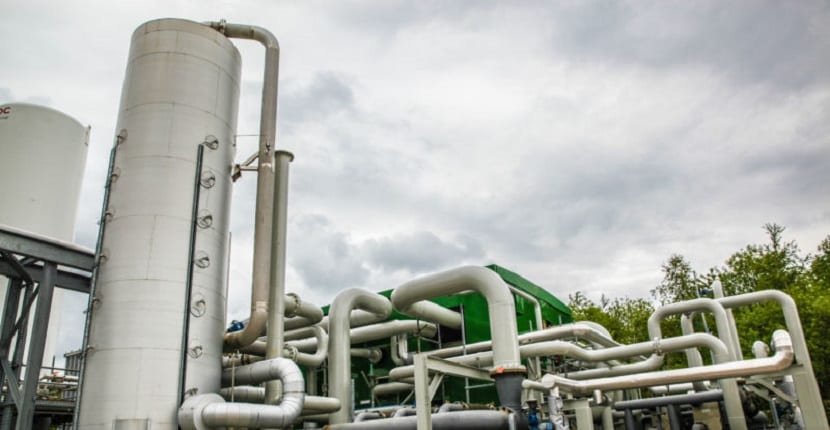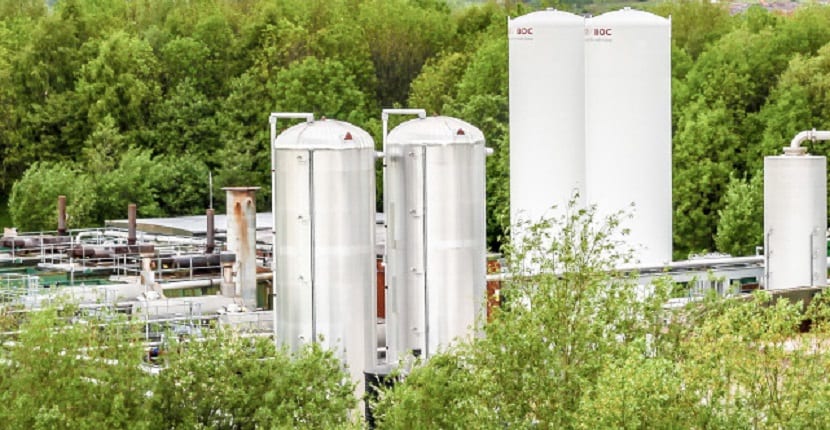
Many are the problems that today have the electrical networks that work all over the world, especially problems that have to do with the operation of the same since, literally and to put it in some way without going into too much detail, operation is based on balanceIn other words, if even a mobile charger is connected to the network that previously did not consume current, this current has to be introduced at some point in the network.
Due precisely to this, it is not surprising that little by little the idea of an intelligent electrical network is imposed, same where the presence of batteries would take a greater role, so that it is not necessary that a power plant or some type of generator discharges that energy we need at a given moment and the rest 'get lost', but this excess is stored in some way to be able to consume it when necessary. An idea that is already beginning to take shape thanks to ideas like the one taking place in the UK.

United Kingdom launches a particular way of storing energy using liquid air
In this sense, today I want to tell you how the United Kingdom has developed a new energy storage system capable of supporting up to 15 MWh. The most interesting thing about it is the way in which it is stored since everything happens to use the excess electricity present in the network to cool the ambient air to -196 degrees Celsius, a temperature where the gases in the air become liquid . This liquid is subsequently stored in an insulated low pressure container.
Once we have this liquid stored, just when the network demands more electricity, the liquid is pumped at high pressure where it becomes gaseous again and is heated through an exchanger. At this point the hot gas generated can be used to drive a turbine and thus produce electricity again.
This new technology presents important advantages compared to the systems used today
Today there are many alternatives to this type of technology on the market. The first of them may be, by similarity, the one known as Compressed Air Energy Storage and it differs from this in that the air is liquefied instead of compressing it, which ultimately is a great advantage in terms of storage, especially if we take into account that in the one used in the United Kingdom they are used low pressure tanks rather than requiring a huge underground cavern for storage.
On the other hand, if we compare this new technology with the pumped hydro, where excess electricity is used to start a series of pumps with enough capacity to carry water to a reservoir located just above a hydroelectric turbine. When the time comes and when the need arises, this reservoir opens its gates, dropping the water that, as it passes through the turbine, begins to generate electrical energy. Comparing both technologies, we find the energy storage system using liquid air implemented in the United Kingdom does not need a water system or elevation differences to operate.
To find a negative point in this interesting energy storage system we have to compare this technology, for example, with the use of lithium batteries. In this sense, it is true that in terms of efficiency, the same in energy storage through the use of liquid air is only one 60 to 75% while the use of batteries this efficiency rises to a point between 75 to 85%. On the other hand, lithium-ion batteries, in turn, can respond to demand almost instantaneously, while the technology used in this plant in the United Kingdom, due to its operation, requires a longer time to get put into operation. The turbine starts and it begins to generate electrical energy.